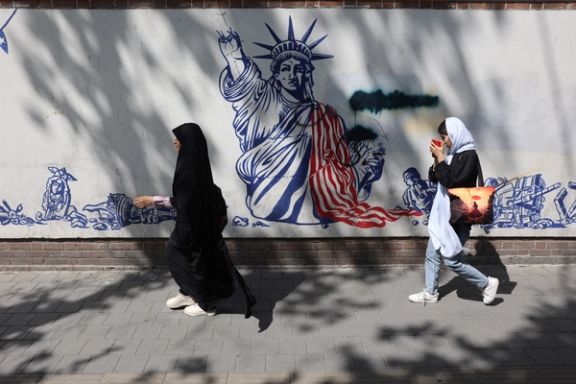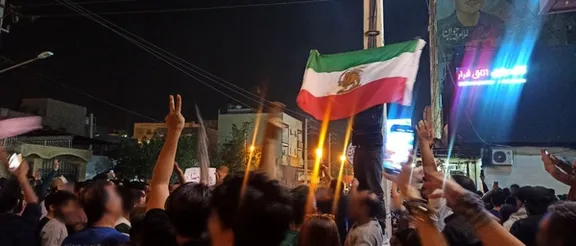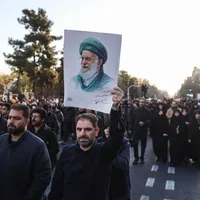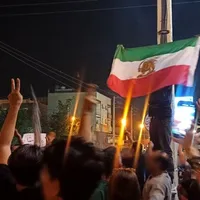The move, which comes amid a broader effort to deepen ties with Persian Gulf Arab states, marks a break with long-standing international convention, prompting sharp rebuke from Iran, which shares the longest coastline along the body of water.
Foreign Minister Abbas Araghchi called the reported decision politically motivated and historically inaccurate, saying, “The name Persian Gulf, like many geographical designations, is deeply rooted in human history.”
"Politically motivated attempts to alter the historically established name of the Persian Gulf are indicative of hostile intent toward Iran and its people, and are firmly condemned. Such biased actions are an affront to all Iranians, regardless of their background or place of residence,” Iran's top diplomat said on X.
Two US officials familiar with the matter, who spoke on condition of anonymity, said the announcement would be made while Trump visits Riyadh as part of a regional tour that includes Qatar and the United Arab Emirates—countries that have long pushed for the geographic name change.
“The president is expected to unveil what he calls a ‘historic reorientation’ of US nomenclature to better reflect regional alliances,” one of the officials said.
Trump himself teased a major announcement during a meeting at the White House on Tuesday. “It’ll be one of the most important announcements that have been made in many years about a certain subject, a very important subject,” he said.
Known globally as the Persian Gulf since at least the 16th century, the name of the inland sea has become a politically and culturally charged issue. Arab states often use “Arabian Gulf” in official documents and maps, while Iran considers the historical term a matter of national identity.
“The Persian Gulf is not just a name. It is part of who we are,” an Iranian diplomat in Tehran said on condition of anonymity. “Changing it under pressure from petrodollars will not erase thousands of years of history.”
In 2017, during Trump's first administration, his first reference to what he called the "Arabian Gulf" led to public backlash from Tehran.
The Iranian foreign minister at the time, Mohammad Javad Zarif, said: “Everyone knew Trump’s friendship was for sale to the highest bidder. We now know that his geography is, too.”
Iran’s then-president, Hassan Rouhani, also criticized the phrasing, saying Trump should “study geography.”
The US military has unilaterally used “Arabian Gulf” in communications for years, but the White House’s official adoption of the term would represent a new level of endorsement, likely increasing tensions with Tehran.
Under international maritime law, the designation of sea names is handled by the International Hydrographic Organization (IHO), which currently recognizes the body of water as the “Persian Gulf.” The United Nations and most world maps do the same.
While Trump can direct US federal agencies to use a different name, he cannot enforce the change globally. Congressional legislation would be required to make the shift permanent in US law, and a future administration could easily reverse it.
“Trump can rename it on White House letterhead, but that won’t change global consensus,” said Lisa Barry, a professor of international law at Georgetown University.
The renaming announcement is part of a broader push to align more closely with Persian Gulf Arab monarchies as Trump seeks increased investment from the region and backing for his policies on Iran and Israel.
The announcement also follows a controversial decision earlier this year to rename the Gulf of Mexico as the “Gulf of America” in US government usage—a move that led to a legal battle with the Associated Press.
A federal judge ultimately ruled that the AP could not be denied access to government events for refusing to adopt the administration’s preferred terminology, citing First Amendment protections.
The inland sea in question spans about 251,000 square kilometers (97,000 square miles) and borders eight nations: Iran, Iraq, Kuwait, Saudi Arabia, Bahrain, Qatar, the UAE, and Oman. Iran alone accounts for more than 1,600 kilometers (1,000 miles) of its coastline.
Trump is scheduled to travel to Saudi Arabia, Qatar, and the UAE from May 13 to 16. The announcement is expected to be made during a keynote speech in Riyadh, though officials said the precise timing remains fluid.






